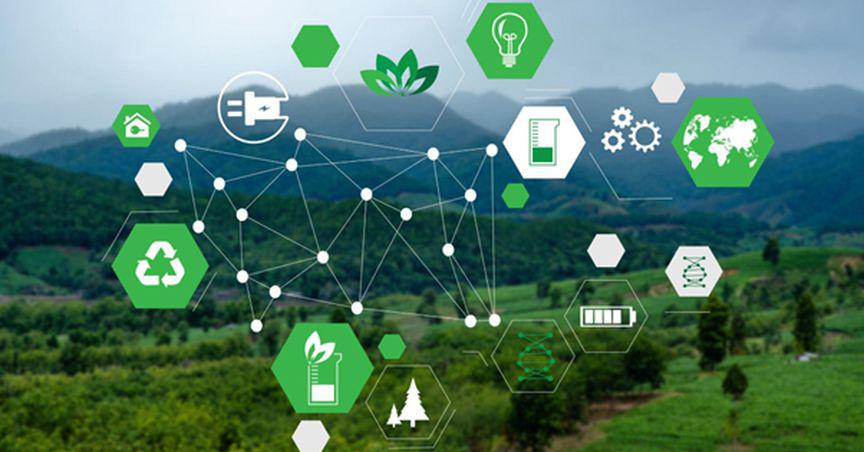Highlights
- Sustainability means utilising natural resources so that the usage is complete, and the resource is not destructed.
- Sustainability is not limited to environmental sustainability. It is important for local businesses as well.
- We need higher awareness and consciousness regarding sustainability in our surroundings to preserve the environment’s good health for long.
In the present contemporary world, one of the most pressing issues is climate change. The global temperature on the planet is tremendously rising. Hundreds of species are now under the endangered zone, and several other climate change-related issues are erupting. It is high time we think about the significance of sustainability and how it can be implemented in our lives for the long-term health of our planet.
So, what is sustainability?
For readers who are new to the concept of sustainability: in simple words, sustainability means utilising natural resources in a way that the usage is complete, and the resource is also not destructed. Our day-to-day activities cause the least or no harm to the planet. The primary idea behind sustainability is that we aim to save and procure our resources for the future generation of species so that life on the Earth sustains a healthy environment for a long time.
Implementation of sustainability
Sustainability is all about being conscious of our surroundings and the resources we are utilising. Thus, the first step is to be aware. Now, many people wonder how to inculcate sustainability in our lifestyle and travel. So, let's look at how we can make our travel and lifestyle sustainable.
Sustainable travel and lifestyle
- Least waste: The most important aspect of sustainable travel and lifestyle is that one should always produce the least waste. Waste decomposition takes years, especially if the trash is plastic-oriented, then it will take hundreds of years for each plastic piece to go away. Thus, ensure that one produces the least waste so that the least harm is caused to the environment.
- Public transport: For a sustainable lifestyle, it is always recommended to use public transport because if you travel in a shared vehicle, the per capita cost of petrol consumption and air pollution is lesser. Additionally, when you are travelling, prefer travelling through trains, flights or buses rather using your brown private vehicle.
- Do not buy anything plastic: Plastic consumption is ultimately the climate's biggest challenge. Thus, while travelling, you can promise not to buy anything that comes in plastic. For instance, for water, carry your bottle rather than purchasing a plastic waste bottle. The primary intention here is to produce the least plastic waste possible.
- Support the local: Sustainability is not limited to environmental sustainability. It is important for local businesses as well. Due to free trade and globalisation, local businesses across countries find it challenging to sustain through the high competition imposed by multinational companies. So, try supporting local vendors through your cart list while travelling or shopping.
The concept of sustainability is not new. For years, people have been talking about it. However, when it comes to implementation, success is too low. Thus, we need higher awareness and consciousness regarding sustainability in our surroundings so that we can preserve our environment’s good health for long.




